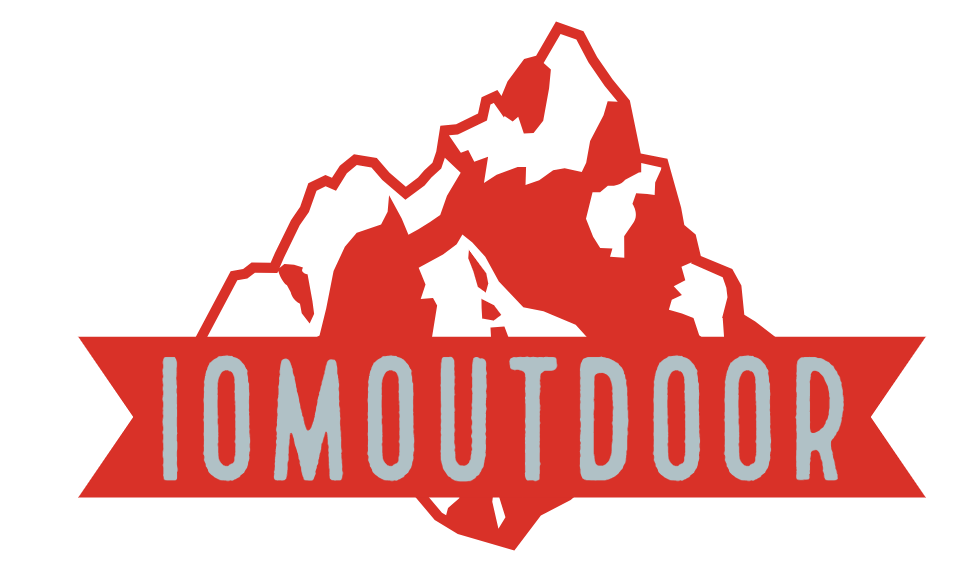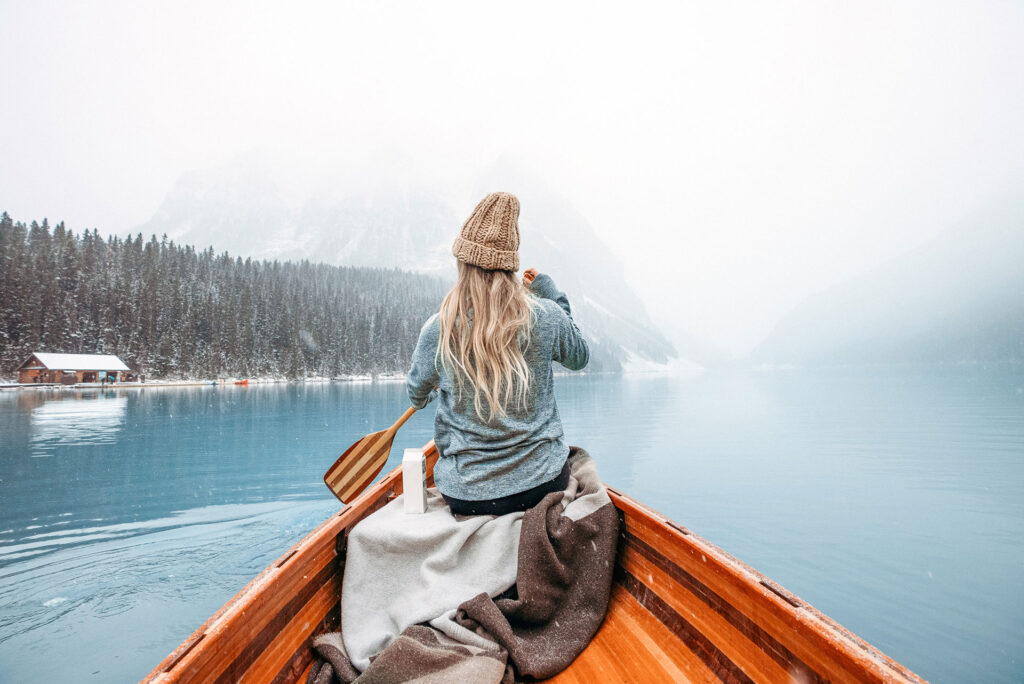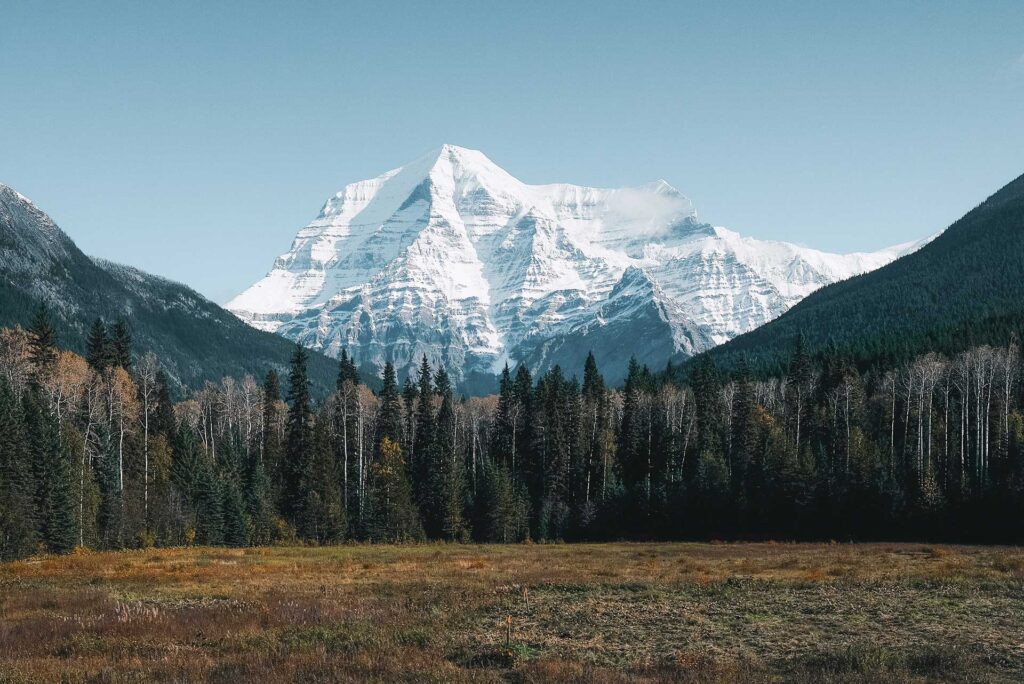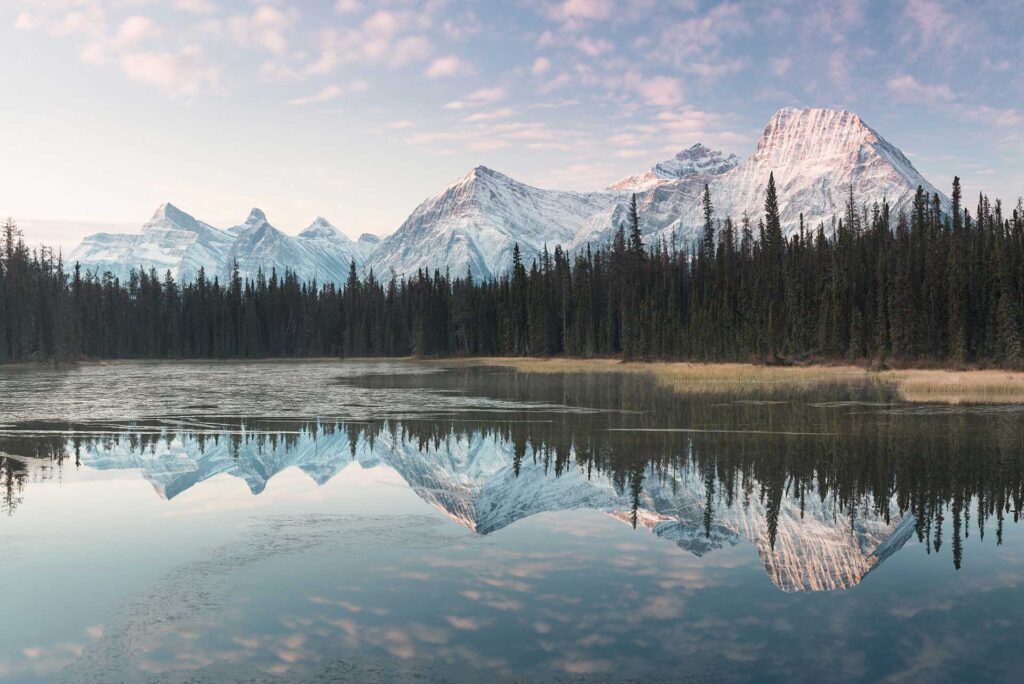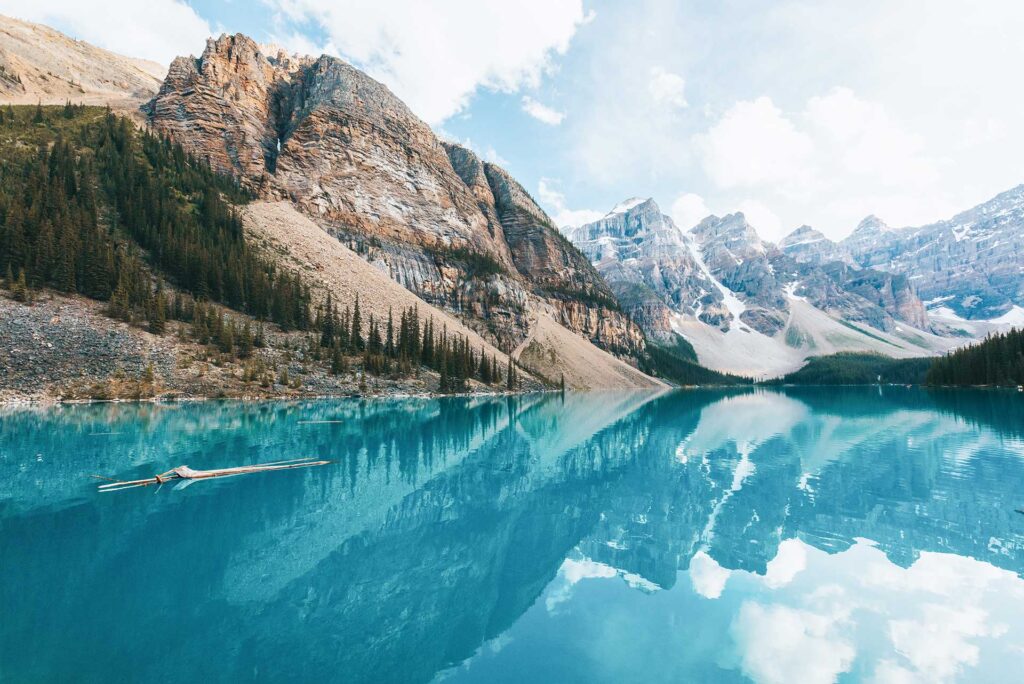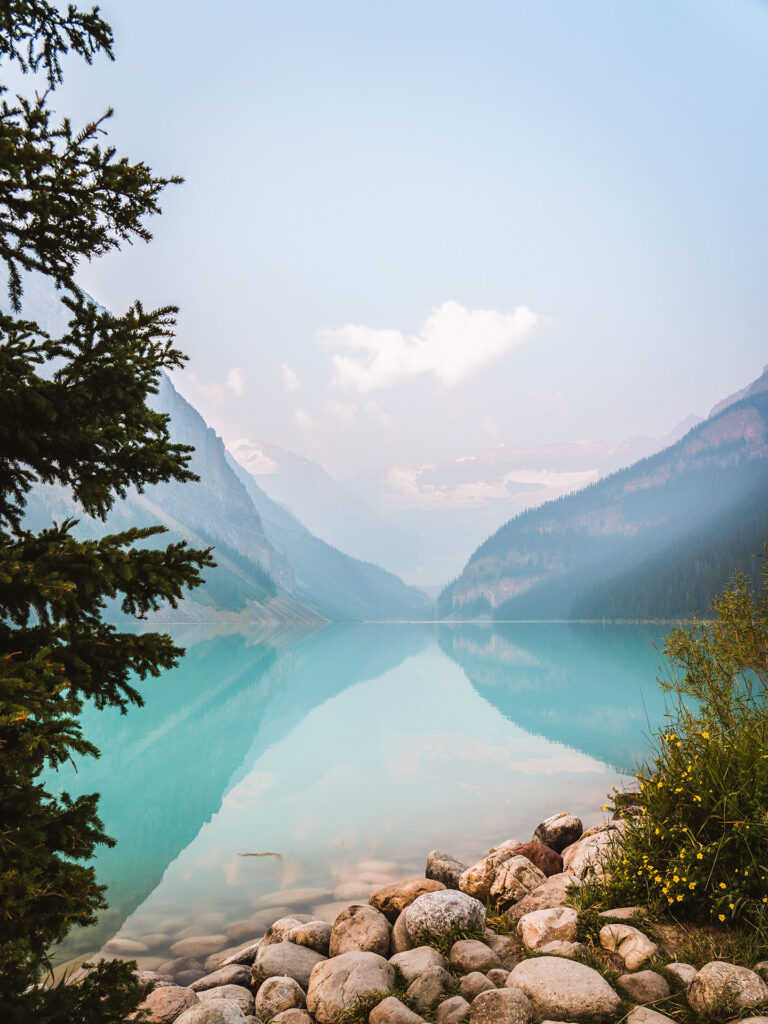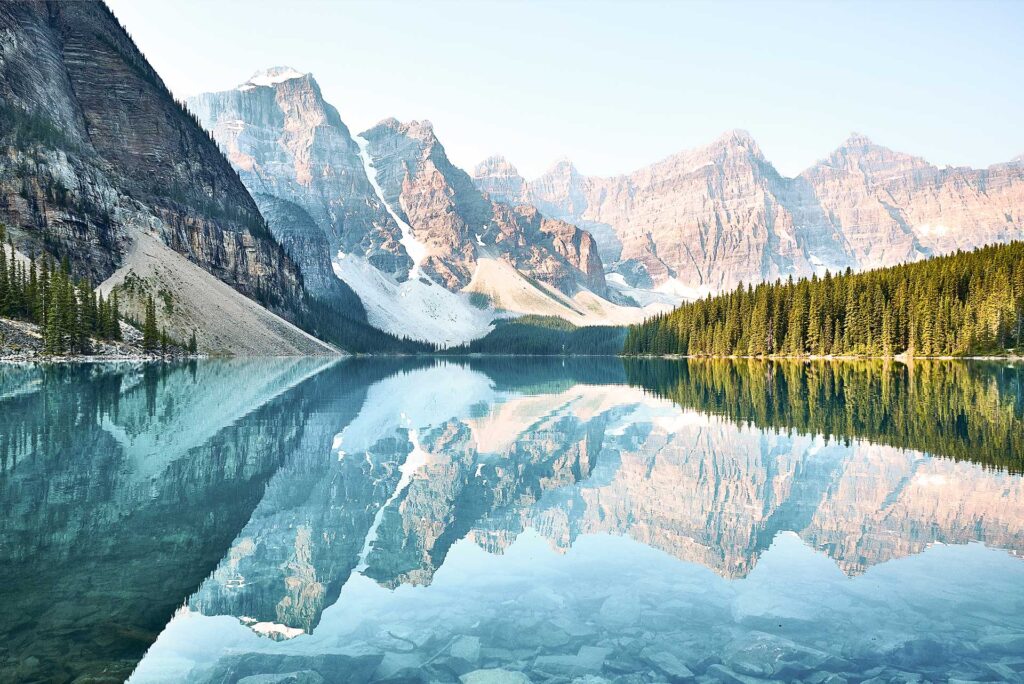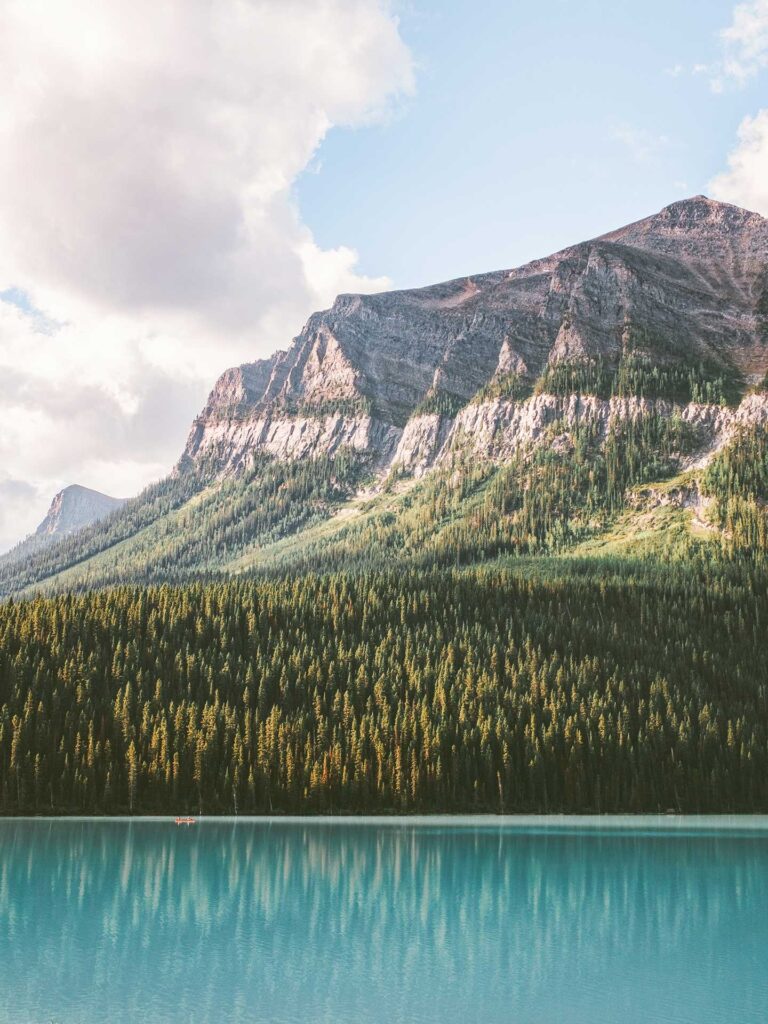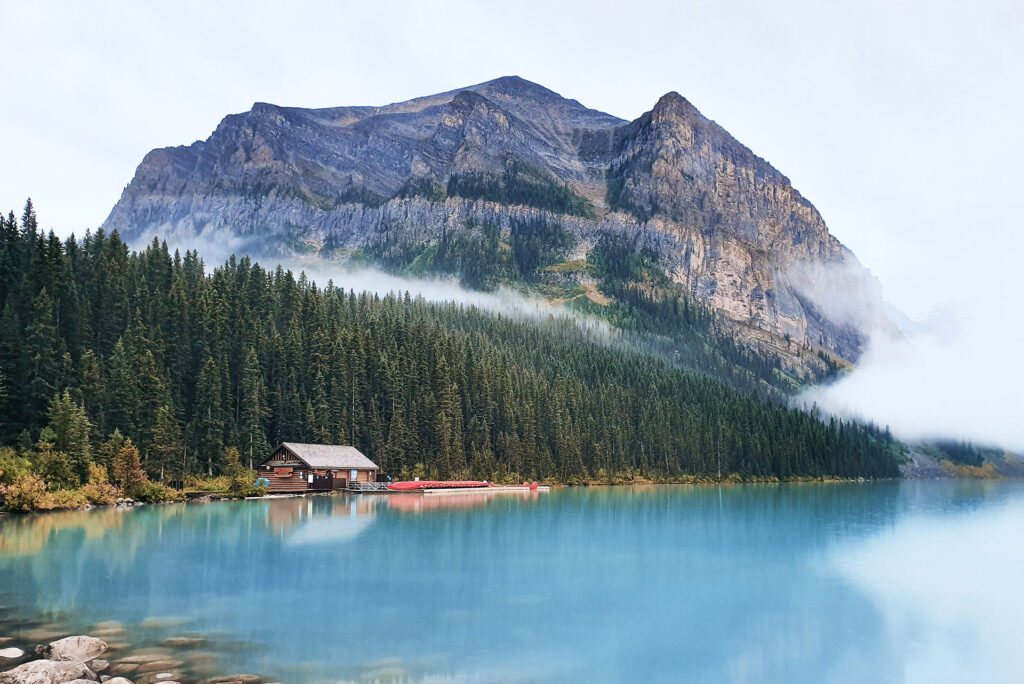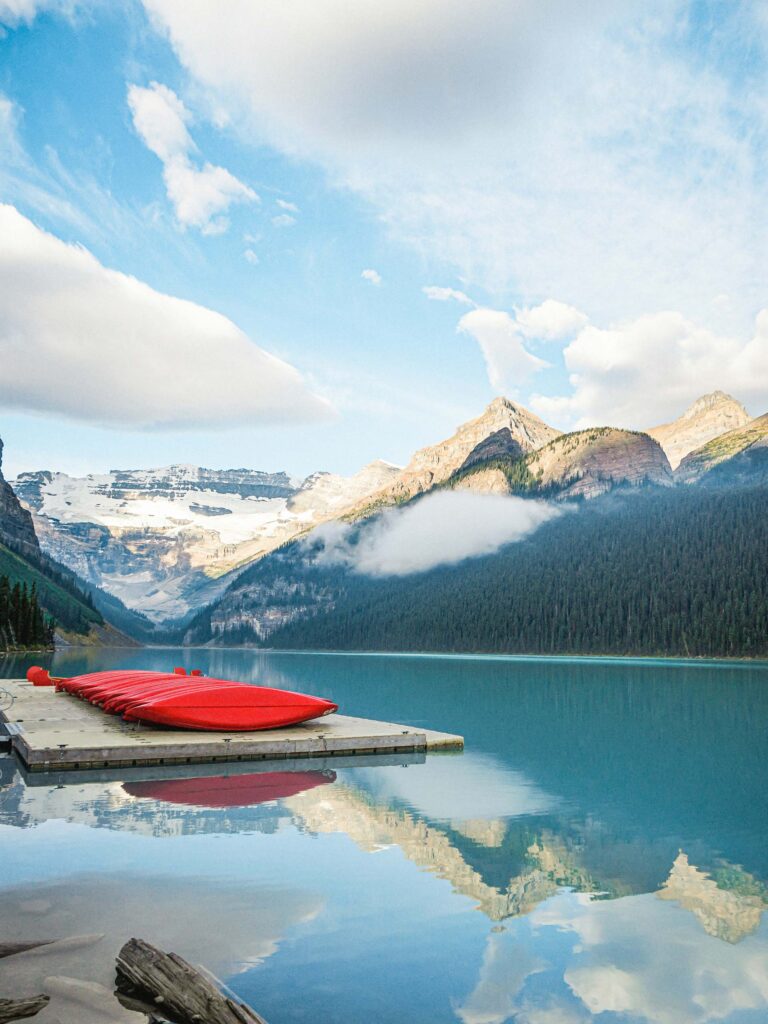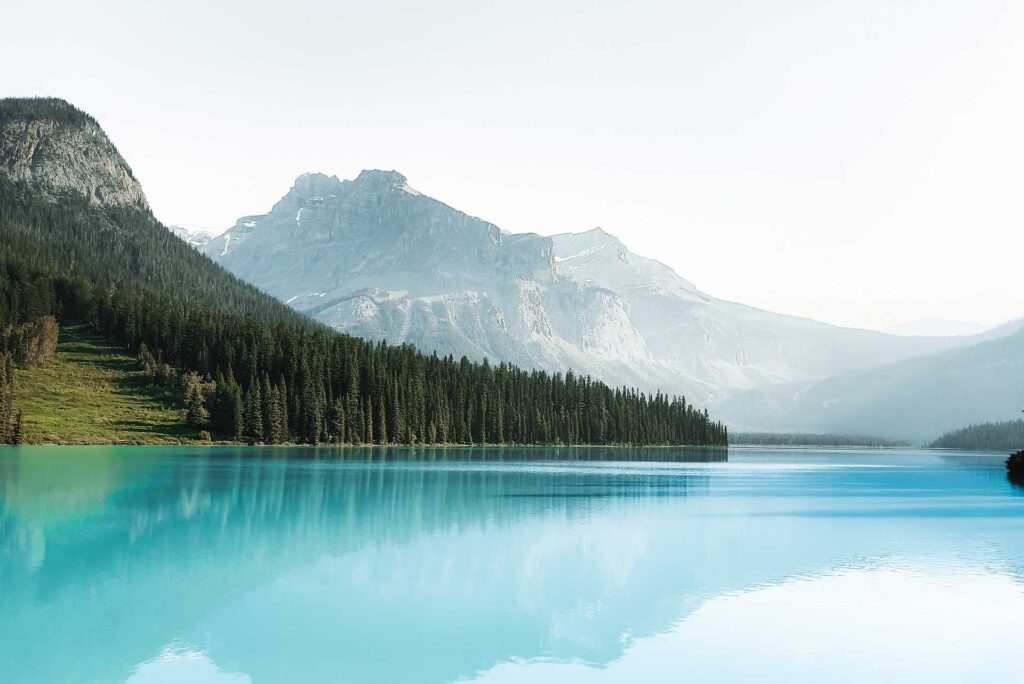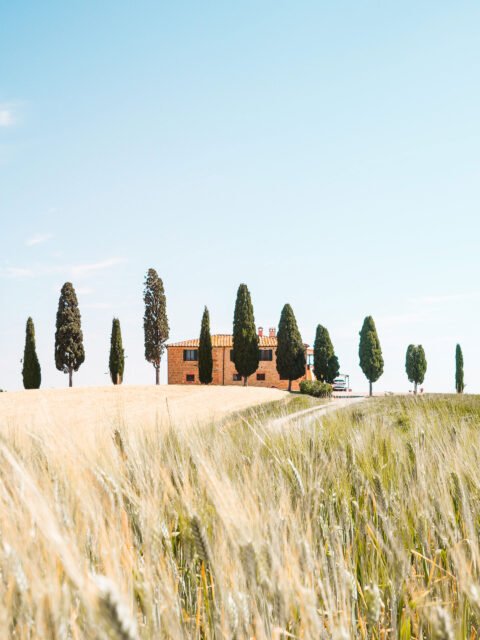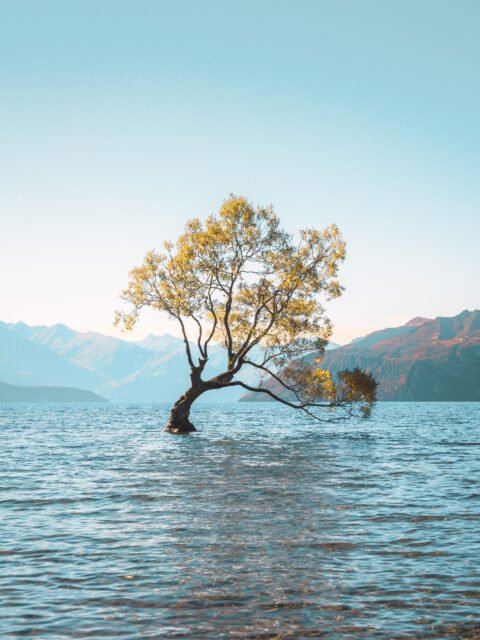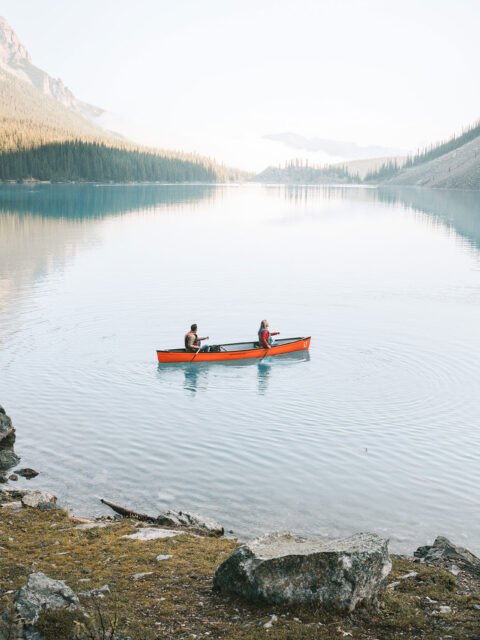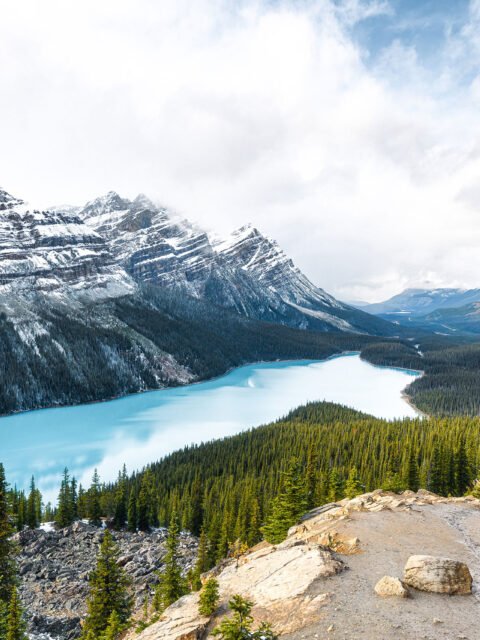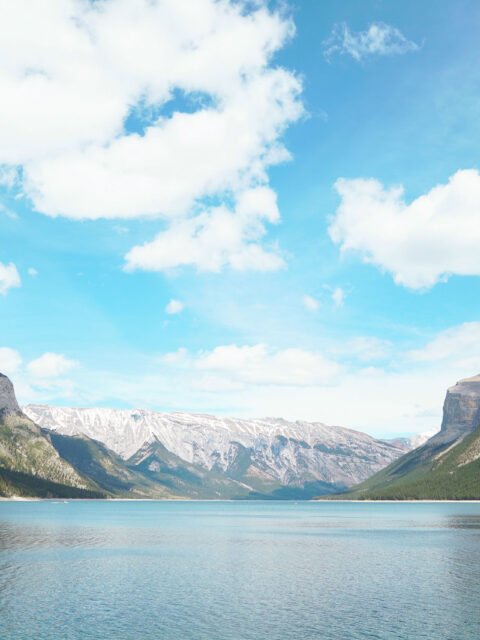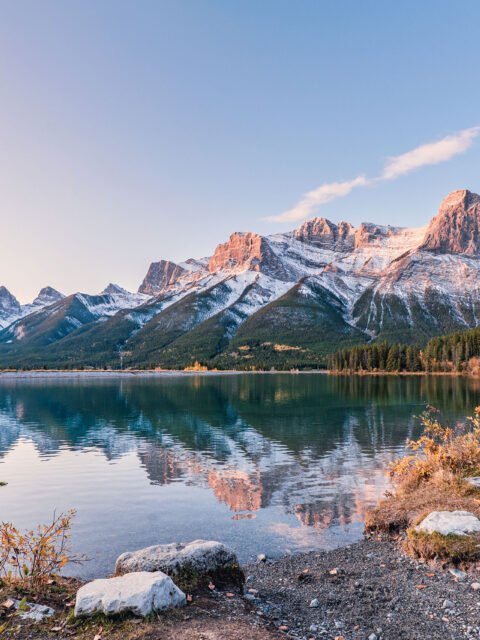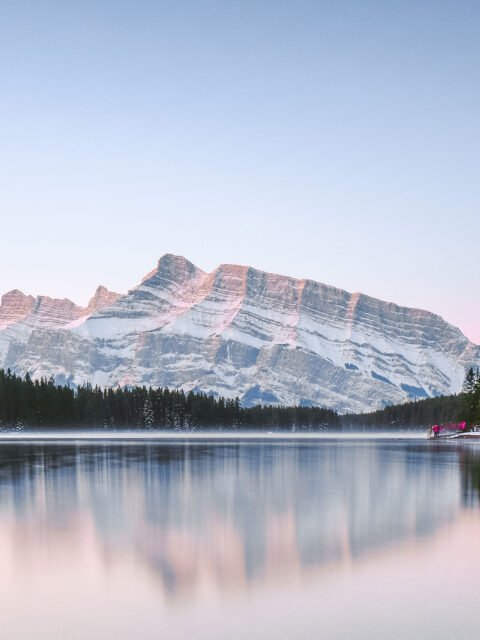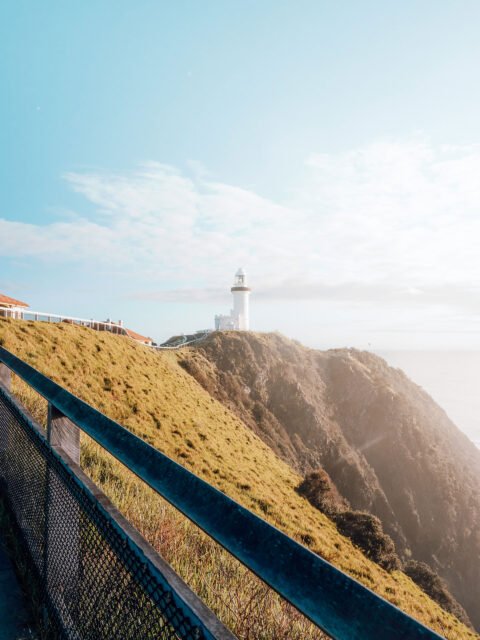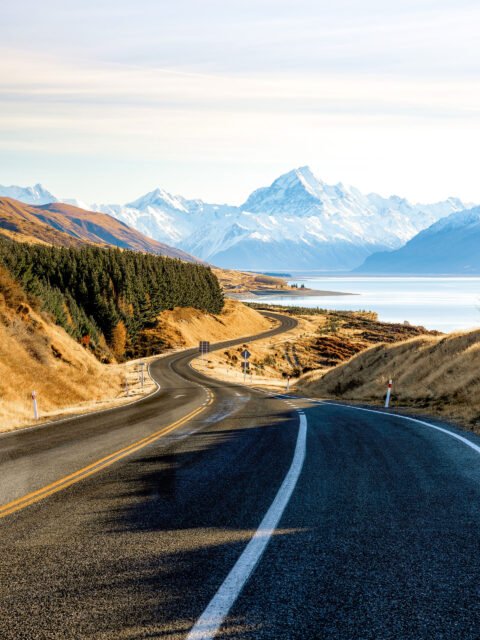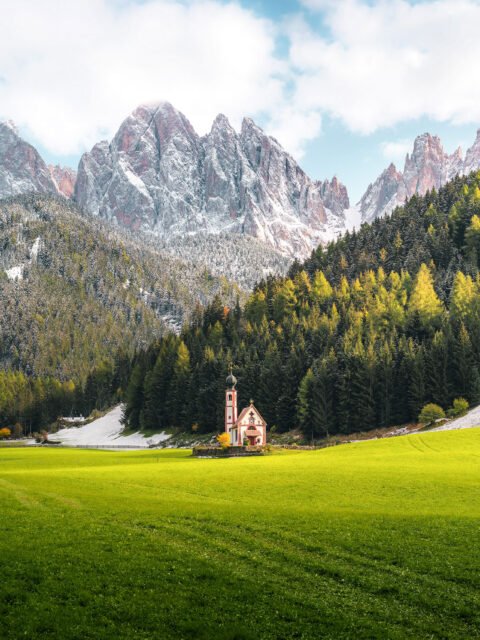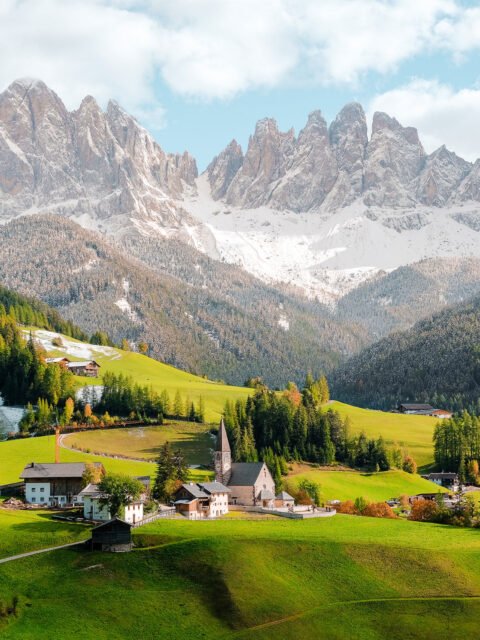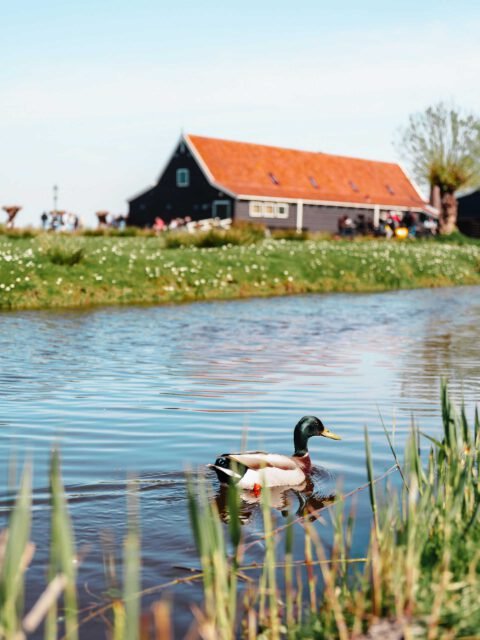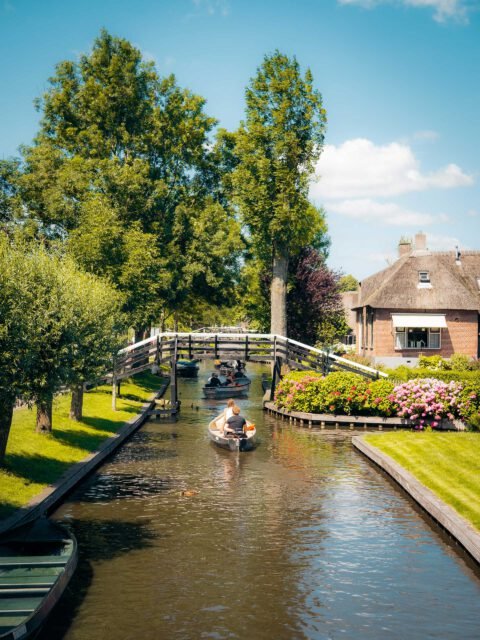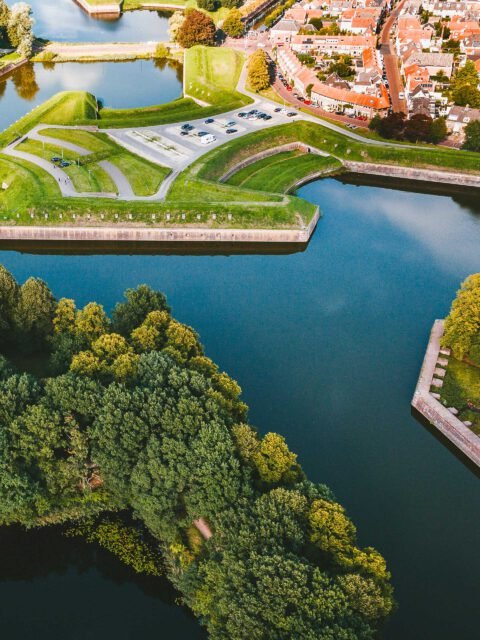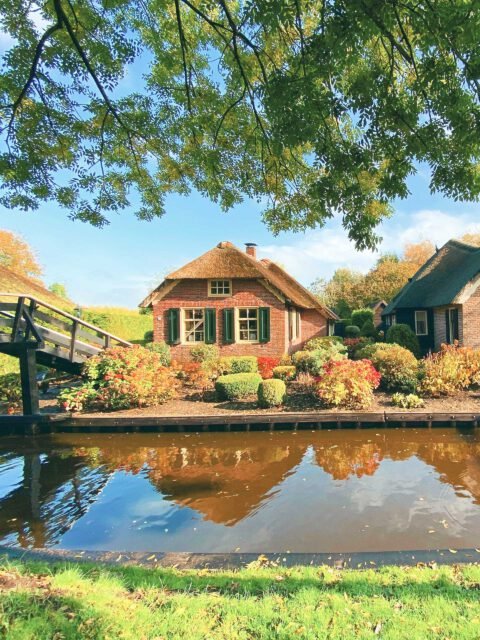Hiking is pure adventure—a chance to break free from the ordinary. It’s remarkable how the mind and body work together, united in this ongoing rebellion against whatever we’re running from. Sometimes, when I’m on the trail, an hour feels like an entire chapter of my life unfolding. It’s not about escape; it’s more like a solution to whatever’s been troubling your mind or heart.
Hiking is far more than just physical exercise. As we learn more about the connection between the brain and body, the relationship becomes almost mind-blowing. Each hike seems to bring out a different version of yourself, as if the terrain demands a new attitude or approach. This deeply engrained need for physical challenges runs through so many aspects of life. And yet, when we plan a hike, we’re confronted with all sorts of motives: having fun with friends, reaching a goal, staying fit, or simply exploring. But if you stripped away all those reasons and thought only about the journey itself, would you still hike? That’s where the real adventurers are separated from the casual tourists.
A true adventurer wouldn’t quit just because there’s no destination in sight. Most people, though, would lose the will to carry on if they didn’t have a clear end in mind. Why is that? It’s a question worth exploring.
Best things to do
When you hear people talk about their outdoor passions, you’ll notice that they often struggle to put into words how they feel about these experiences. It’s subjective, almost inexplicable. Even though we all have the same basic biological machinery—same hormones, same organs—the way we respond to challenges varies dramatically. Evolution has wired our brains over millions of years, giving us instincts that drive us to act. Hiking taps into that primal part of ourselves, forcing us to choose an attitude and face the unknown. Some think hiking is just walking up a hill, but it’s so much more than that.
I know people who refuse to hike because they find it boring. I get it—there are thrill-seekers out there who need a bit more danger in their adventures. But to me, hiking is deeply thoughtful. It’s a constant engagement with the unknown. It’s an adventure sport in its own right. Sure, there are benefits to hiking, which I’ll cover later, but first, let’s acknowledge that there’s a raw, gritty side to it. Hiking forces you to adapt to its rules. No matter how much you plan, there are always variables beyond your control and paradoxically the rules change. You’ve got to let go and go with the flow. It’s unnerving, but it’s something we do in everyday life, just on a smaller scale.
Let me tell you a story to illustrate this.
A couple of friends and I decided to go on a weekend hike. On paper, it looked simple—almost more of a leisurely walk than a full-blown hike. We drove for five hours to a hill station, stayed overnight, and set out the next morning for an 8-hour hike: 5.5 hours up, 3.5 hours down. The weather was perfect—dry, sunny, and it was summer. The trail was a basic forest path, so we packed light, expecting a breezy day of walking through the woods. How hard could it be, right?
The first hour was just that—easy. We kept a steady pace, hearts pumping, sun shining. Then we hit the thicker part of the forest. That’s when we encountered mud—deep, thick patches that we hadn’t anticipated. The further we went, the longer the mud stretches became. In hindsight, we should’ve known that deep forest trails take much longer to dry out, especially after recent rains. What was supposed to be a relaxed hike turned into a balancing act, slipping along the edges of the trail and clinging to tree branches. Just hours before, we’d been sipping coffee on a hotel balcony, overlooking a peaceful valley. Now, we were knee-deep in mud, barely managing to stay upright.We didn’t see many tourists on that trail, only locals. In retrospect, it wasn’t exactly the kind of trail visitors like us would usually tackle. But here’s the thing: we didn’t turn back. Could you imagine driving five hours for a hike, only to quit halfway through? That’s not how we operate. One of my friends even had a minor injury—a bleeding shin. It wasn’t serious, but it was noticeable. None of this was dangerous, but it was certainly different from how we imagined it.
And that’s where the fun is. As you get into hiking, you start to realize you’re not doing it because you expect everything to go according to plan. You’re doing it precisely because it won’t. The unpredictability is the thrill. It’s in those moments when you’re confronted with the unknown that you become a bit like a child again, responding with only what you know, and each time you hike, you learn a little more..
Time is an abstract thing. How do you give it value? You stretch it out by filling it with memories. The more memories you build, the more you treasure the time you spent creating them. And hiking, with its mix of challenge, joy, and unpredictability, is one of the best ways to turn time into something truly valuable.
Hiking doesn’t just let you explore the outdoors; it forces you to explore yourself. It draws out parts of your personality you didn’t even know were there. We’re complex creatures, and it takes time to truly understand ourselves. Hiking is one of those rare activities that helps you do just that.
Time is an abstract thing. How do you give it value? You stretch it out by filling it with memories. The more memories you build, the more you treasure the time you spent creating them. And hiking, with its mix of challenge, joy, and unpredictability, is one of the best ways to turn time into something truly valuable.

